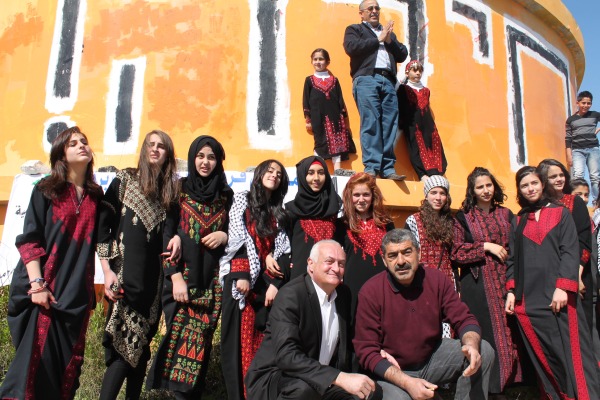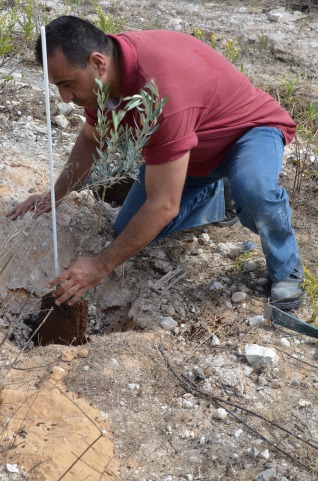Tag: Burqa
-
Six arrested in Burqa (Nablus) by the Israeli army with no reasons given
25th April 2014 | International Solidarity Movement, Nablus Team| Burqa, Occupied Palestine On the night of the 23rd to 24th of April, approximately 24 Israeli military vehicles entered the town of Burqa and arrested six Palestinian youths. The Israeli army forced its way into five out of the six houses, using a device to break open the doors.…
-
Burqa festival marks reclaiming of Mas’oudia land
6th April 2014 | International Solidarity Movement, Nablus Team | Burqa, Occupied Palestine Today, the 5th of April, the village of Burqa, south of Nablus, held a march and festival to reclaim parts of their land in Mas’oudia, trying to alter it from area C to area B. The village of Burqa had sent an application to…
-
Palestinians celebrate the reclaiming of their land
4th October 2013 | International Solidarity Movement, Nablus Team | Burqa, Occupied Palestine On Thursday the 3rd of October, a large group numbering around a 100 people, consisting mainly of Palestinians from the village of Burqa and the surrounding areas, as well as a smaller contingent of international activists and the press, celebrated the Palestinians’ reclamation of…



